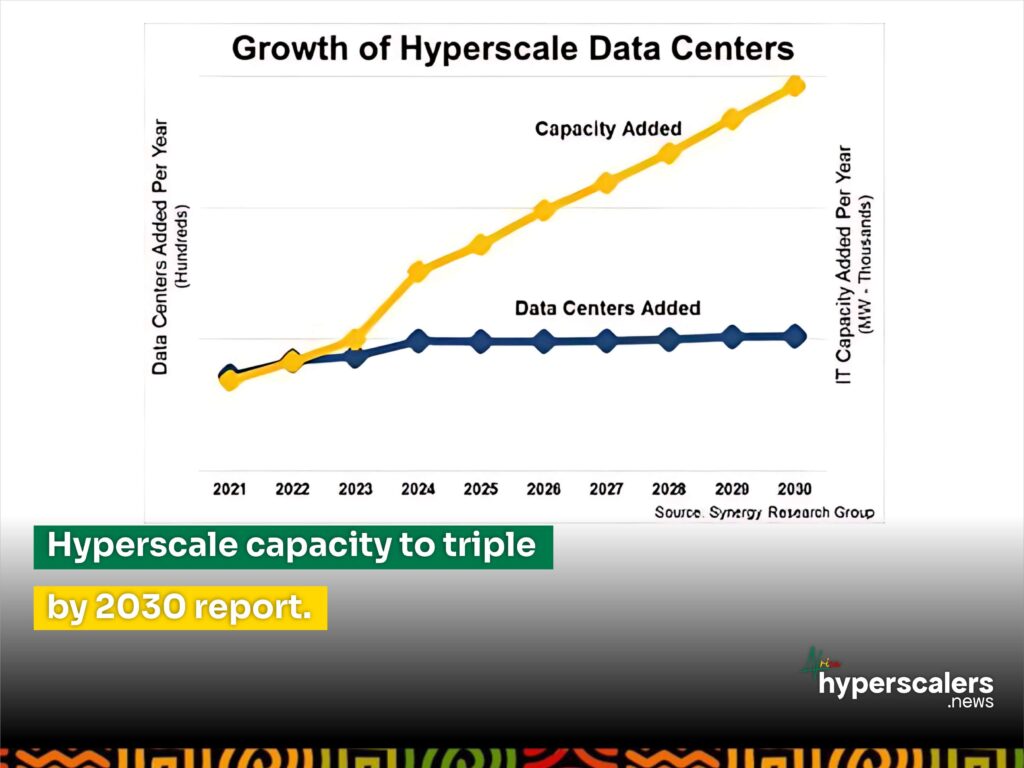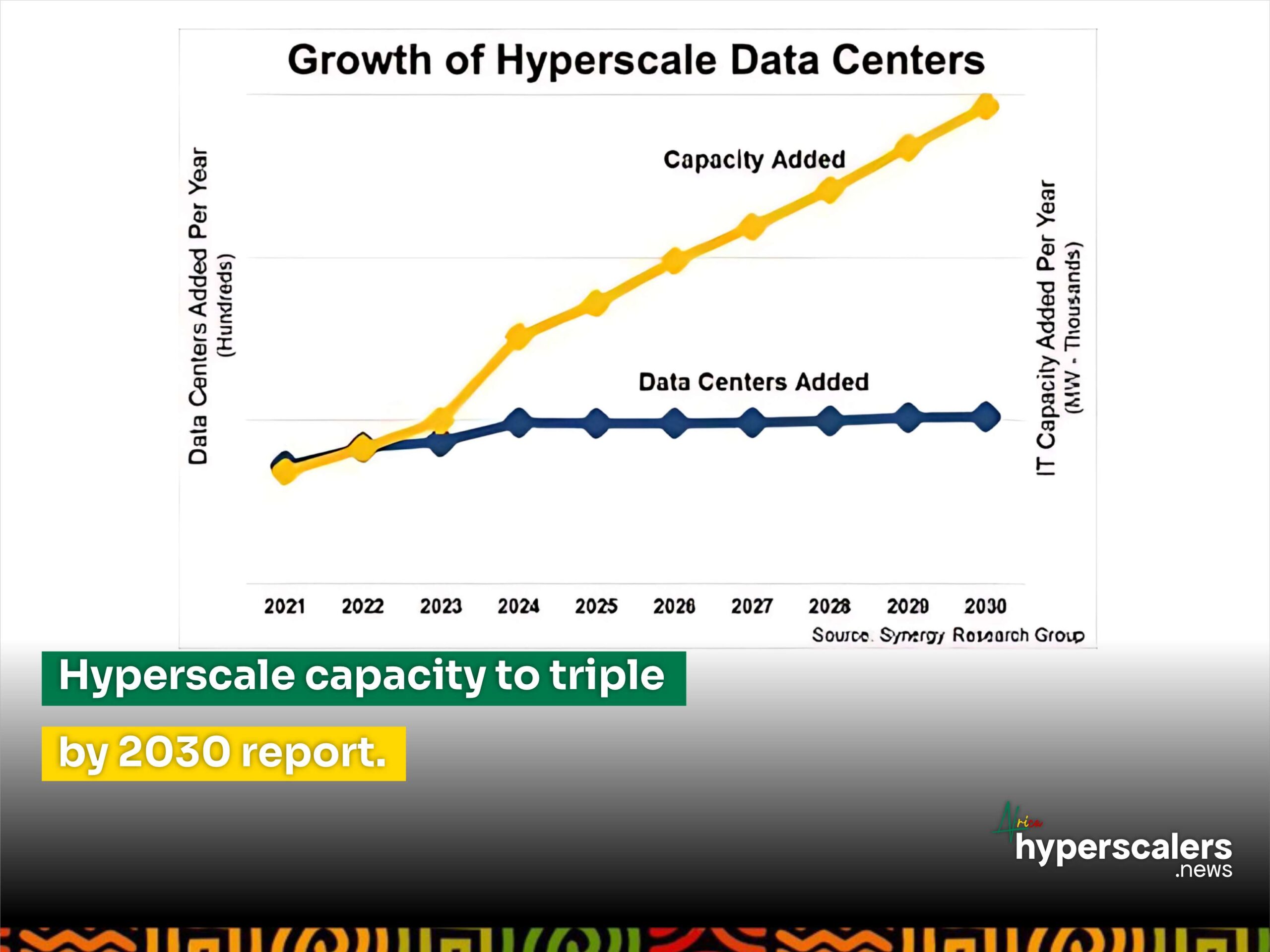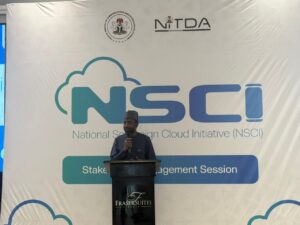The capacity of hyperscale data centers is projected to triple by 2020, according to a report from Synergy Research Group, driven in large part by the rapid rise of generative AI technology.
The number of hyperscale data centers will continue to grow steadily, but more significantly, the IT load per data center is expected to increase substantially. Retrofitting efforts will also contribute to this overall capacity growth.
“The number of operational hyperscale data centers continues to grow inexorably, having doubled over the past five years,” said John Dinsdale, Chief Analyst at Synergy Research Group. “That installed base will continue to grow, but the most marked change in the market is the ever-increasing capacity of data centers being brought online. The math is complicated as the mix of hyperscale data centers continues to evolve – old versus new, region by region, and owned versus leased – but in aggregate, we will see GPU-oriented infrastructure driving a doubling of the capacity in new hyperscale data centers.”

The hyperscale research is based on an analysis of the data center footprint and operations of 19 of the world’s major cloud and internet service firms, who meet Synergy’s criteria for being considered hyperscale operators. This includes the largest operators in SaaS, IaaS, PaaS, search, social networking, e-commerce, and gaming. These companies had 1,103 major data centers in operation around the world, in late 2024.
The interest in hyperscalers is growing faster than ever. In 2025, AWS has committed $11 billion to expand its facilities in Georgia, US, to meet the growing demands of AI. The company has also launched a new cloud region in Thailand, as part of its plan to invest over $5 billion in the country. Microsoft has announced an $80 billion investment in data centers for the year, alongside an additional $3 billion dedicated to AI and cloud computing. While Africa has no global cloud and content hyperscalers yet, it has growing hyperscale data center facilities with over a dozen above 10MW and Kasi’s upcoming 100MW data center in Nigeria.





